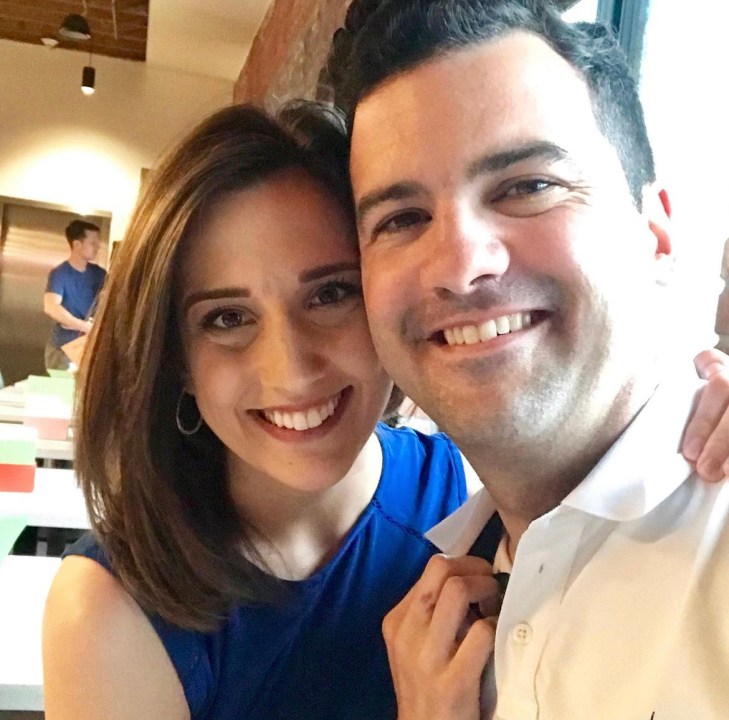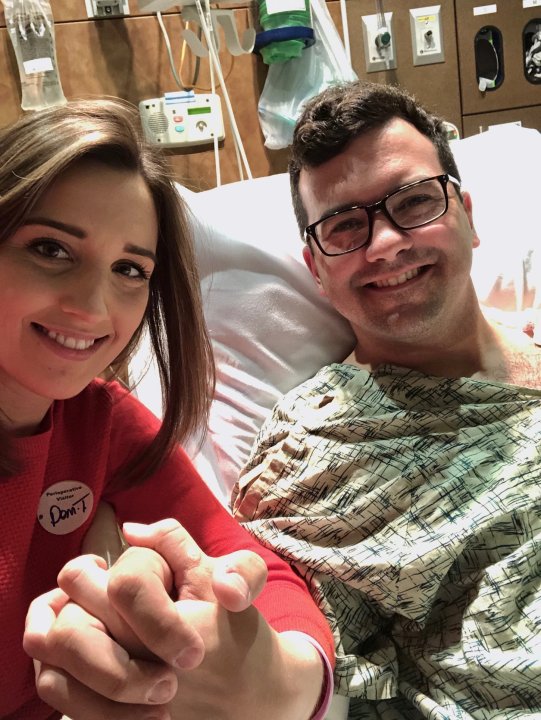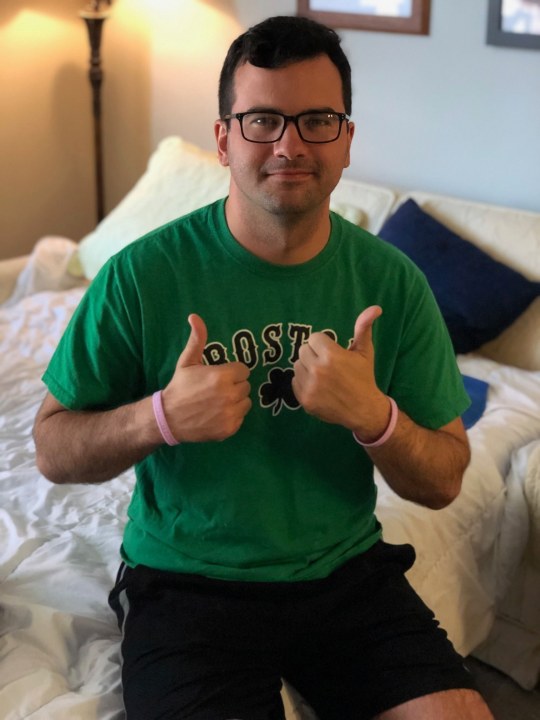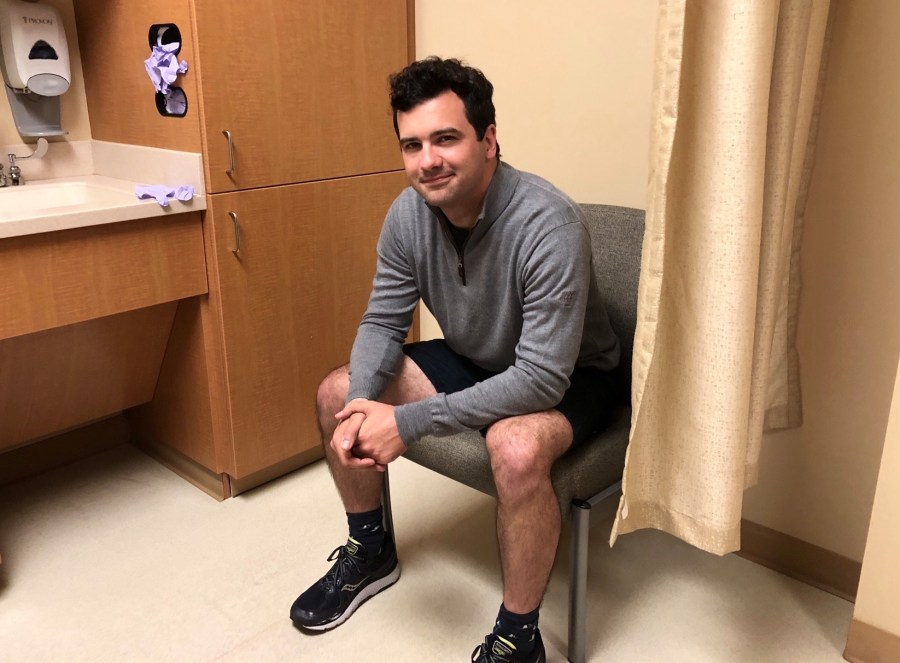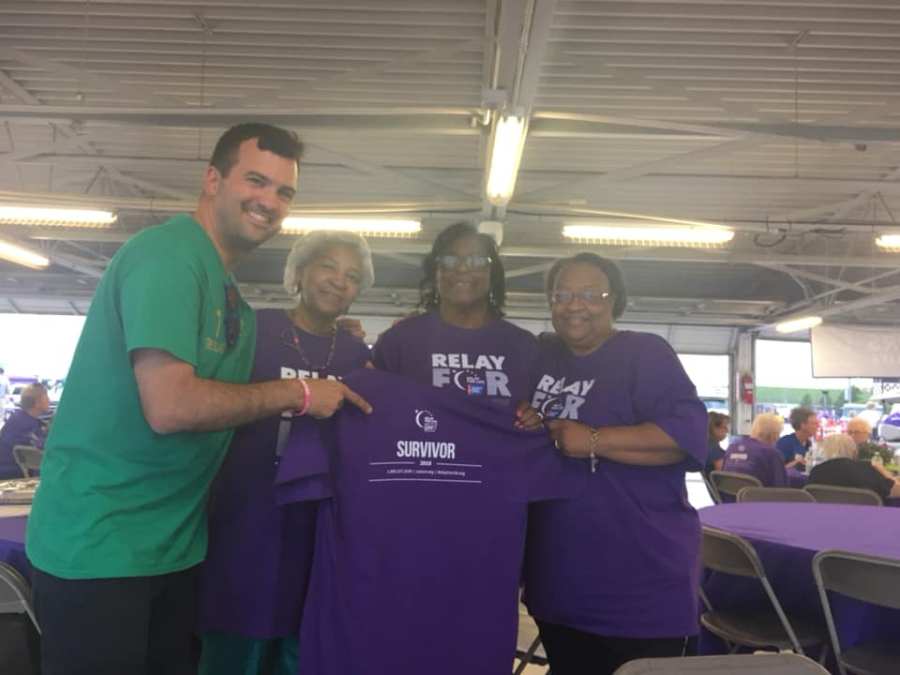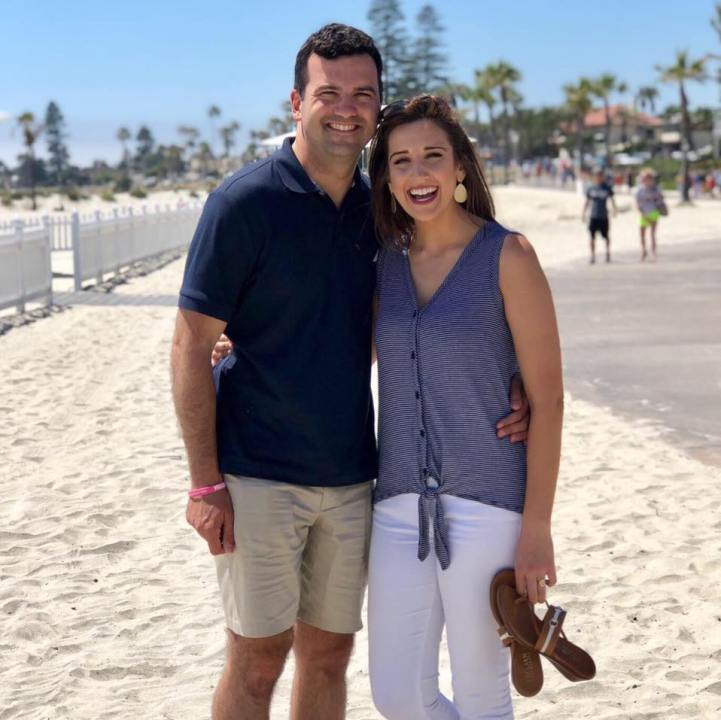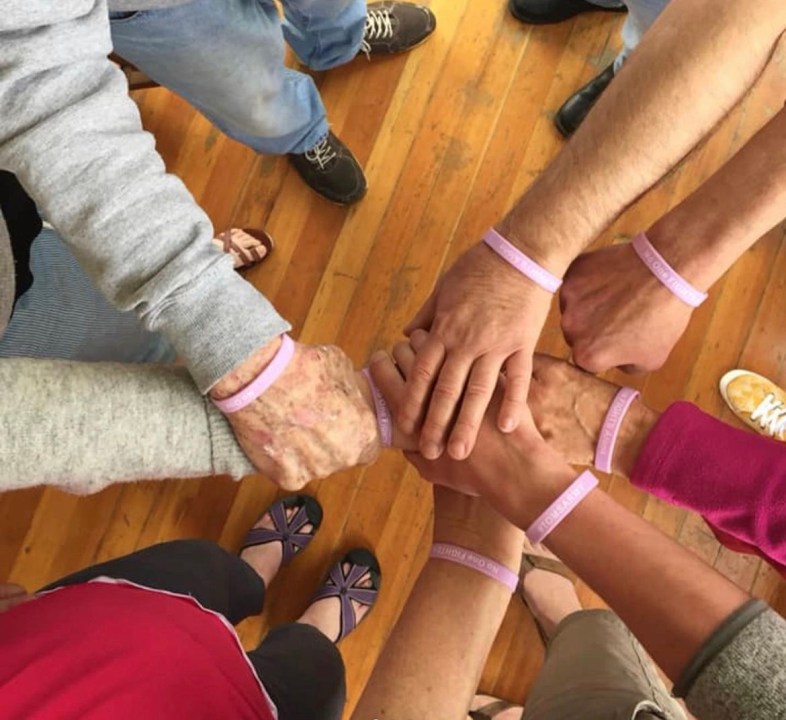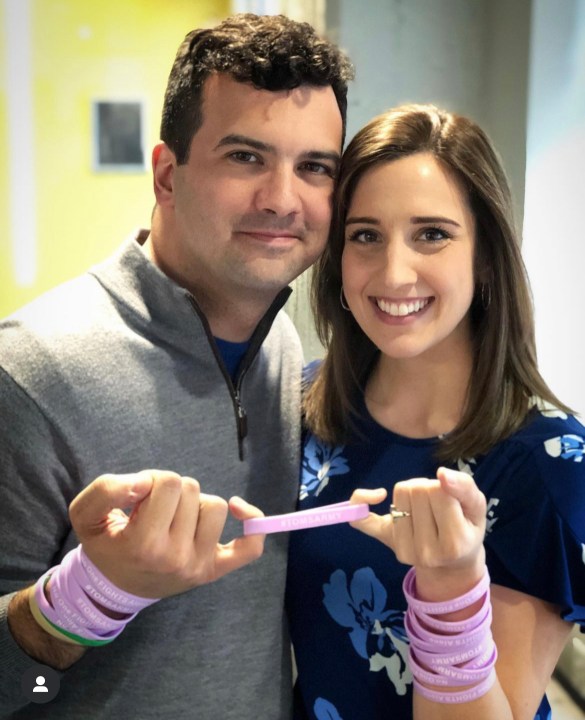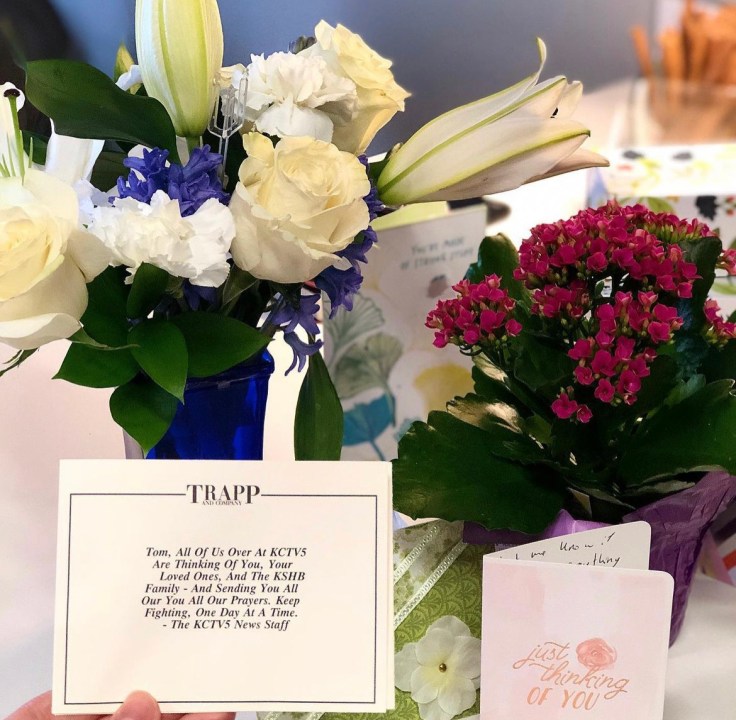‘I thought I was invincible’: NewsNation’s Tom Dempsey shares cancer fight
- I was diagnosed with non-seminoma testicular cancer on May 10, 2019
- Since we caught my cancer early, it did not spread
- Doctor: Key to catching it early is to conduct self-checks every month
WASHINGTON (NewsNation) — Four and half years ago, I became one of the many men diagnosed with testicular cancer. It’s a lot more common than you might think, and I hope by sharing my story, it can lead to more awareness.
Days before I was diagnosed with cancer, I wrote, “Dear God, everything just seems like a distracted blur. I feel like I could have cancer, which the thought is dangerous, distracting, unhealthy.”
I was diagnosed with non-seminoma testicular cancer on May 10, 2019. It was a moment I’ll never forget.
At the time of my diagnosis, I was living in Kansas City with my now-wife, Nicole D’Antonio, dreaming of becoming a national news correspondent, getting married and having kids.
After my exam with the doctor, he told me he was almost certain it was cancer. The next few weeks brought tough phone calls with family and friends, medical tests, doctor’s appointments and a lot of terrifying moments just waiting, not knowing what might happen to me.
But with lots of support behind me, I ended up being one of the lucky ones.
Since we caught it early, the cancer did not spread. After surgery, I avoided chemotherapy. But things would have turned out differently if I had waited.
Now, every few months, I see Dr. Nancy Dawson for checkups, blood work and sometimes X-rays at MedStar Georgetown University Hospital in Washington, D.C.
But as November is National Men’s Health Awareness Month, I wanted to know how common testicular cancer was and what key steps men could take in order to stay healthy.
“Testicular cancer is the most common cancer in men between the ages of 15 and 35. And you were 31. You were right in that group,” Dawson said.
According to MedStar Health, testicular cancer will affect around one in every 250 men. About 9,500 American men are diagnosed each year.
Dawson said the key to catching it early is to conduct self-checks every month. She said if something ever feels off, it’s important to see a doctor.
“I think the biggest stride we’ve made is making people aware. Exactly what we’re doing right now,” Dawson said. “That’s where this heightened awareness is so much more important, especially saying there is nothing macho about dying from cancer.”
For all the men reading this, I hope this story reminds you to pay attention to your body and remember that testicular cancer can very much be treated if caught early.
Self-checks remain the greatest way to prevent testicular cancer. I went to the doctor soon after sensing something was wrong. But my type, non-seminoma cancer, can be fast-spreading. If I had waited, things could have been much worse.






